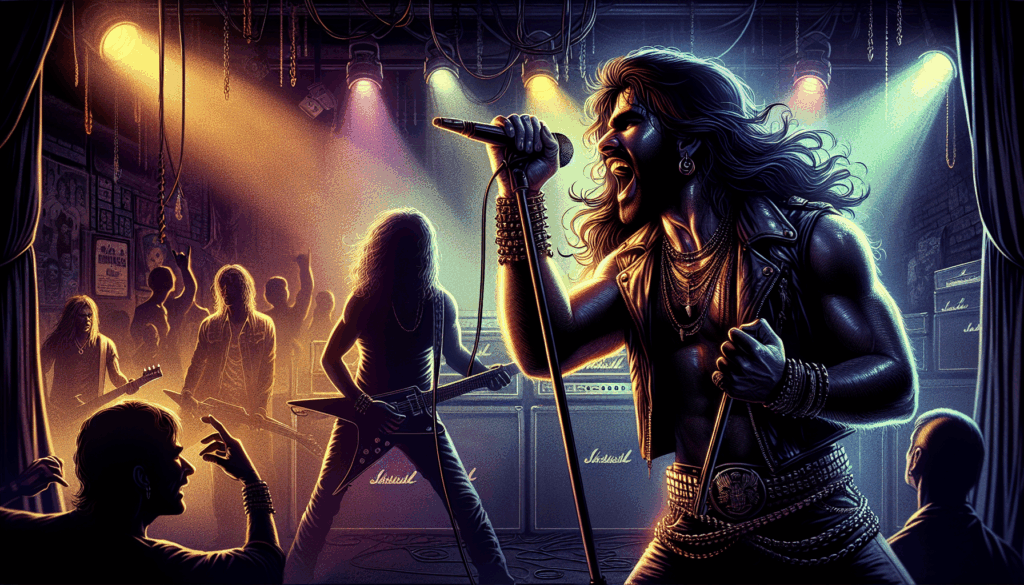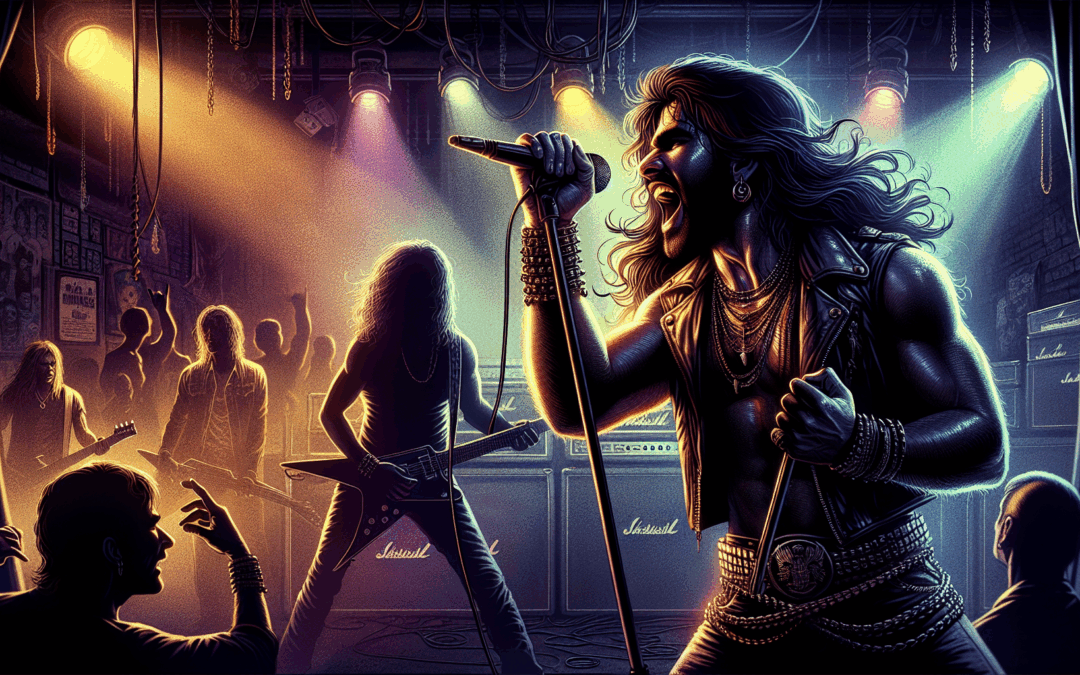Exploring the Legacy of Ratt’s *Detonator*
In the vibrant world of hair metal and rock music, Ratt holds a significant place in the hearts of fans. Their 1990 release, *Detonator*, marked a pivotal moment in their career, encapsulating the band’s struggles and determination during a tumultuous time in the music industry. This album, which followed the success of their iconic debut, *Out of the Cellar*, showcases Ratt’s evolution as artists while simultaneously reflecting the challenges they faced in the changing landscape of 1980s music.
The Prelude to *Detonator*
After the mainstream success of *Out of the Cellar*, Ratt found themselves at a crossroads. The band’s momentum appeared to be faltering following the lukewarm reception of their third album, *Reach for the Sky*, which sold over a million copies but did not meet the high expectations set by their debut. Drummer Bobby Blotzer expressed this frustration, recalling the negative perceptions surrounding the band’s future. “During *Reach for the Sky*, people were putting out the vibe ‘Ratt is over,'” he noted, highlighting the growing sentiment that the band was past its prime.
Fueled by this anger and determination, the creation of *Detonator* took on a new edge. The album represented Ratt’s response to critics, reflecting their hunger and insistence on proving their worth in a competitive music genre. Frontman Stephen Pearcy articulated this desire, stating, “We wanted it to sound like *Out of the Cellar*…more aggressive.” This need for authenticity led them to collaborate with renowned producer Desmond Child, known for his work with major bands like Bon Jovi and Aerosmith. While Child’s touch was undeniably polished, it heralded a new chapter for Ratt as they sought to reclaim their hard rock roots.
The Creative Process and Release
*Detonator* was marked by a creative fervor that reflected the band’s intent to push the boundaries of their sound. With Child co-writing ten out of the eleven tracks, the album features the power ballad “Givin’ Yourself Away,” which showcased Ratt’s ability to craft emotionally charged music while staying true to their rock roots. Yet, amidst this creative explosion, the album faced challenges in gaining traction with audiences. The lead single “Lovin’ You’s a Dirty Job” struggled to capture the attention of rock radio, indicating that Ratt was still contending with the legacy of their past hits.
Challenges on Tour
As Ratt took their new music on the road, they faced not only dwindling sales but also personal struggles within the band. Guitarist Robbin Crosby’s battle with substance abuse significantly impacted his performances, leading to his temporary replacement by guitarist Michael Schenker. This transition brought a brief revival to the touring lineup, yet it was clear that Ratt was navigating more than just typical band dynamics. Their challenges mirrored those faced by many hair metal bands of the era, as the musical landscape began to shift.
A Reflection on *Detonator*
While *Detonator* peaked at a respectable No. 23 on the charts, its success was a far cry from what *Out of the Cellar* had achieved. The combination of a changing musical environment and internal struggles ultimately led to Ratt’s disbandment in 1992. However, the legacy of *Detonator* continued to inform the band’s identity, as they later regrouped and released new material, striving to recapture the magic of their earlier successes.
Despite the ups and downs, Ratt’s ability to evolve is a testament to their resilience. Their influence on the hair metal genre remains undeniable, and *Detonator* serves as a crucial chapter in their artistic journey. As they continue to tour sporadically, the prospect of new music looms, suggesting that Ratt may yet defy the odds and rise again from the rubble of their former glory.
Conclusion
Ratt’s *Detonator* encapsulates not only a pivotal moment in their career but also reflects broader themes of longevity and adaptation in the music industry. Through their continued evolution, Ratt reminds us of the power of rock music and its capacity to embody the spirit of resilience. With the nostalgia for *1980s music* and the ever-present allure of hair metal, there remains hope for another resurgence of Ratt’s iconic sound among old and new fans alike.
Related Reading
- Ratt
- Hair Metal
- Detonator
- 1980s Rock
- Album Review
- Music Industry
- Rock Bands
- Substance Abuse
- Power Ballads
- Legacy






